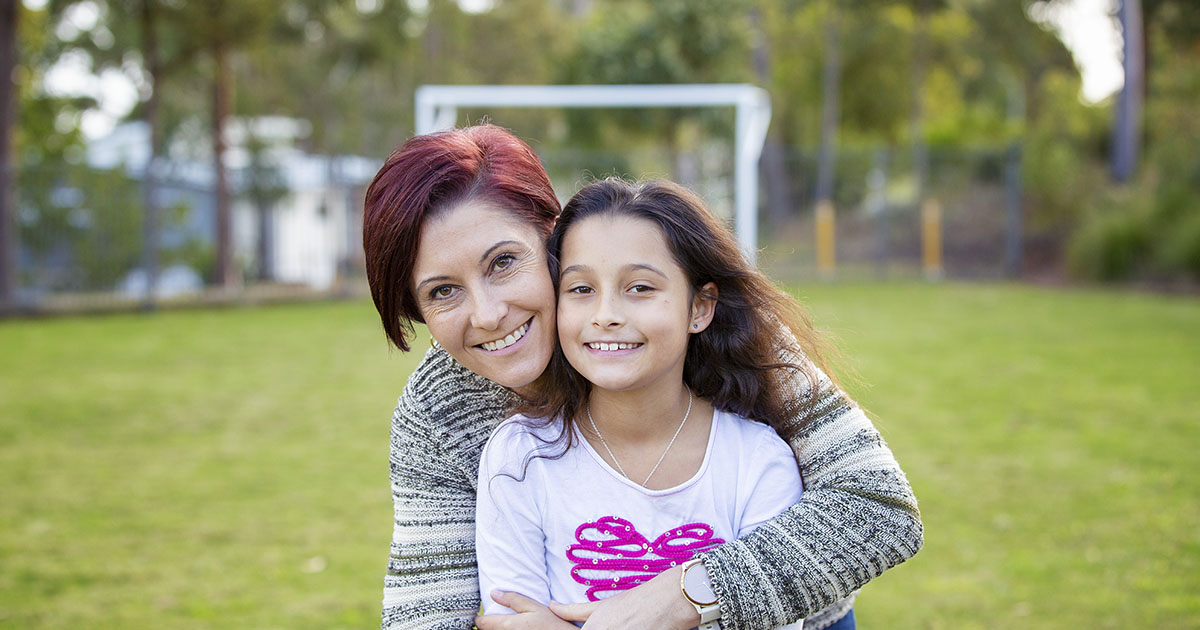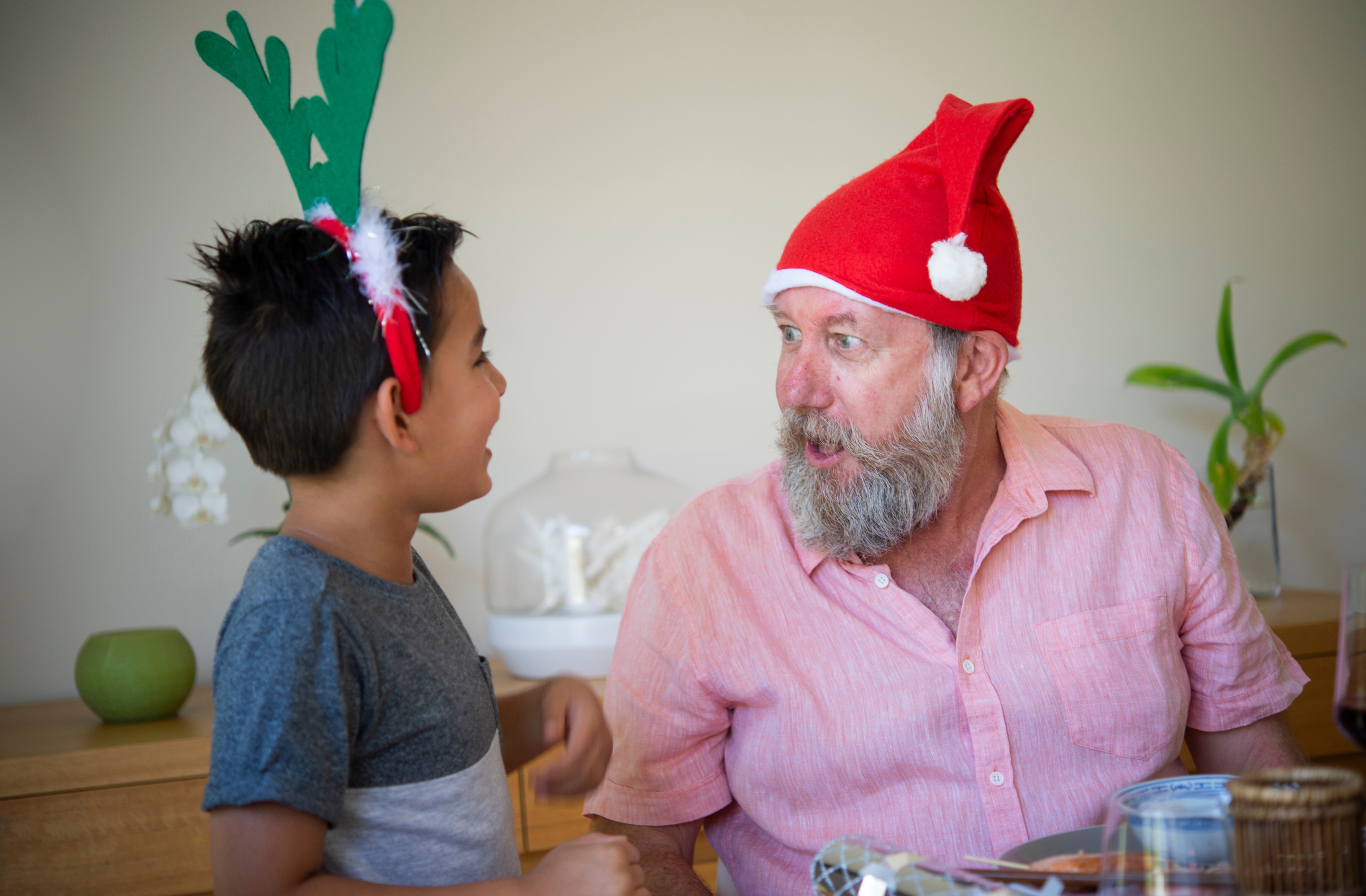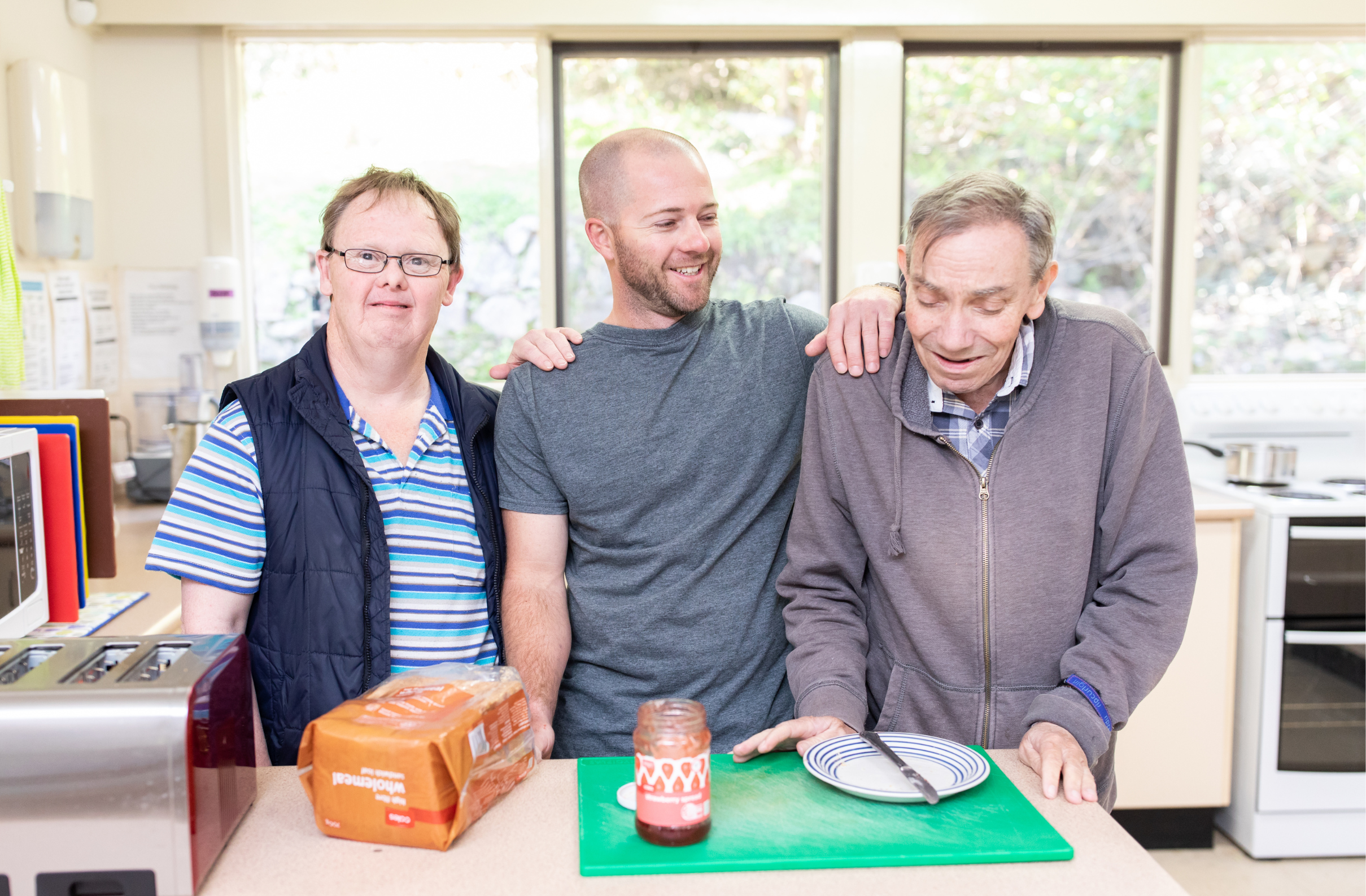When a child or young person experiences trauma, their world is thrown into chaos; nothing is predictable and life can feel out of control. They may have witnessed domestic violence and other distressing scenes, or experienced loss of loved ones. They may have had multiple changes in carers and schools or other aspects of their life. These experiences can make children and young people feel anxious, uncertain and unsafe. But by providing predictability, routines and remaining consistent, you can help turn the situation around.
Creating and following routines to provide predictability
Routines help make children and young people feel looked after and give them a sense of belonging in the family. Routines will also help them cope better with stressful events, like moving to a new home or changing schools.
Routines mean everyone in the family knows who does what, in what order and how often. A bedtime routine for toddlers might be brushing teeth, having some quiet time while reading a book, then getting into bed for a special song and kiss good night. Routines for teenagers could be around doing homework at a certain time or managing after-school activities. A family routine could be having a Friday night pizza-and-movie night at home.
Creating predictable routines is not the same as rigidly scheduling every minute of the day. You can be flexible with your routines and also allow free time for relaxation and spontaneity.
Setting limits and applying them consistently
Even though they will sometimes push against them, children and young people like – and need – limits. Clear limits consistently applied not only teach children and young people how to behave, they provide structure and help them feel protected.
Applying limits consistently is not always easy, especially when you’re tired. But if you give in even occasionally, children learn that if they push hard enough you’ll eventually cave.
To help you stay consistent, focus on the priority behaviours (such as going to bed by a certain time or showing respect), but let the little things slip by without paying them attention. If you stand firm, children and young people with eventually learn that you mean what you say and say what you mean.
Honouring your promises
Consistency is also about being present for children and young people. For example, if you tell a child you’ll watch them at a sporting event it’s very important that you attend. If you promise to take them somewhere special, fulfil your promise even if their behaviour hasn’t been perfect.
Creating a predictable environment through routines and consistency will not only help children and young people in your care feel more secure, you’ll find it easier to get through your daily tasks. You’ll feel more on top of things which will lower your stress. It can also help you to feel more confident that you are doing a good job as a carer.
If you are a Challenge Community Services carer in need of support, please contact your case worker.
If you’re interested in becoming a foster carer, please contact our team by emailing fostercare@challengecommunity.org.au
For more tips on how to manage challenging behaviour, download our ebook today.













